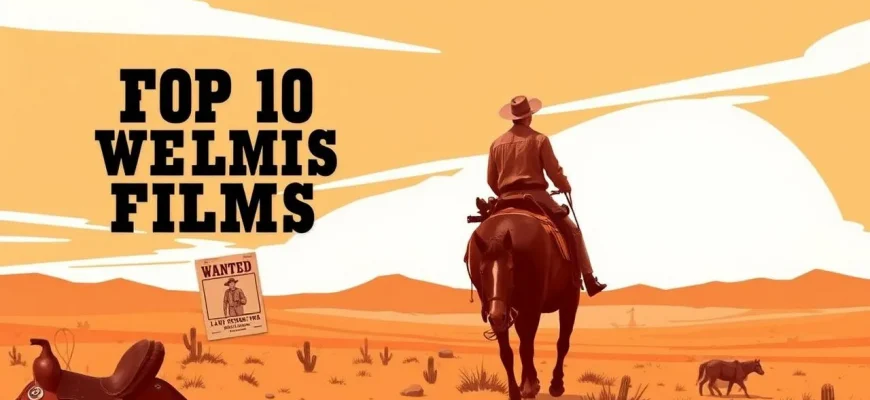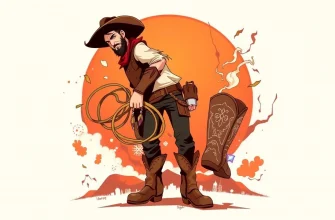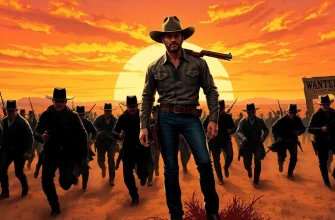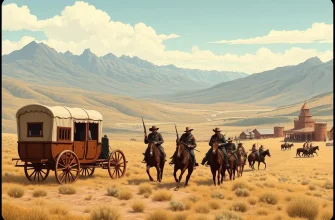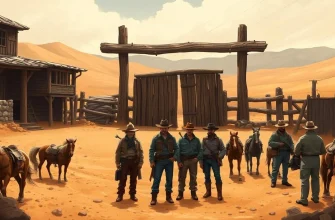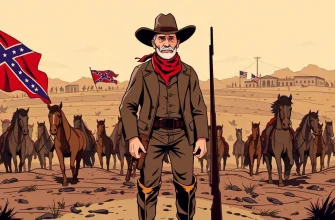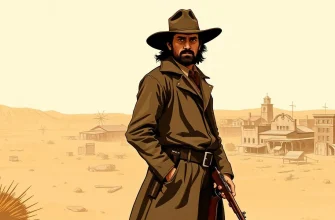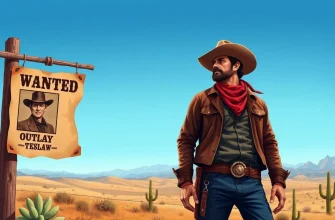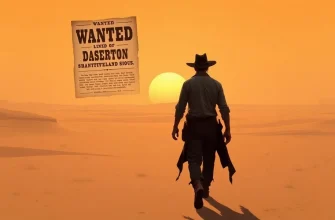The Western genre has long captivated audiences with its tales of rugged individualism, lawlessness, and the relentless pursuit of land. This curated selection of films delves into the theme of land conquest, showcasing the struggles and triumphs of those who sought to claim the untamed territories of the American West. Each film in this list not only entertains but also offers a glimpse into the historical and cultural dynamics of land ownership and the conflicts it engendered.
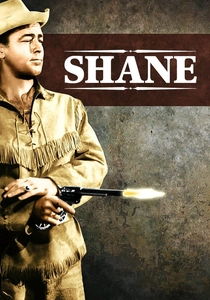
Shane (1953)
Description: A mysterious gunfighter, Shane, helps a homesteader family fend off a ruthless cattle baron, embodying the struggle for land and justice in the Old West.
Fact: The film was one of the first Westerns to be nominated for Best Picture at the Academy Awards. The character of Shane has become an iconic figure in American cinema.
 Watch Now
Watch Now
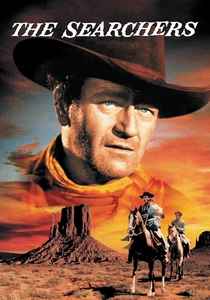
The Searchers (1956)
Description: This John Ford classic follows Ethan Edwards on his quest to rescue his niece from Comanche captors, highlighting the harsh realities of land disputes and cultural clashes.
Fact: The film was shot in Monument Valley, which became synonymous with the Western genre. John Wayne's character, Ethan Edwards, is considered one of his most complex roles.
 Watch Now
Watch Now
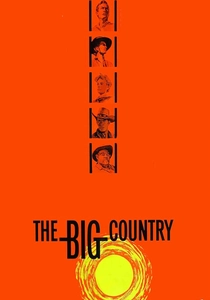
The Big Country (1958)
Description: A retired sea captain arrives in the West to marry his fiancée but finds himself caught in a feud over water rights, highlighting the theme of land and power.
Fact: The film was shot on location in California and Arizona, with the vast landscapes playing a significant role in the narrative.
 Watch Now
Watch Now
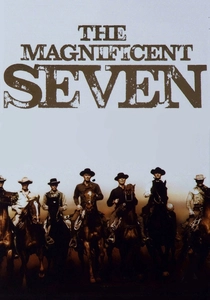
The Magnificent Seven (1960)
Description: A group of gunfighters are hired to protect a small Mexican village from bandits, showcasing the fight for land and freedom.
Fact: The film was a remake of Akira Kurosawa's "Seven Samurai," adapted to a Western setting.
 Watch Now
Watch Now

The Man Who Shot Liberty Valance (1962)
Description: This film explores the myth-making of the West, focusing on a lawyer who becomes a hero after shooting a notorious outlaw, all tied to the theme of land ownership and justice.
Fact: The film famously includes the line, "When the legend becomes fact, print the legend," which encapsulates the theme of myth versus reality in the West.
 Watch Now
Watch Now

Once Upon a Time in the West (1968)
Description: Sergio Leone's epic tale of a widow, a mysterious harmonica player, and a bandit, all entangled in a land dispute with a railroad magnate, epitomizes the struggle for control over the West.
Fact: The film was initially a commercial failure but has since been recognized as a masterpiece of the Western genre. Ennio Morricone's score is considered one of the best in film history.
 Watch Now
Watch Now

The Outlaw Josey Wales (1976)
Description: After his family is murdered by Union soldiers, Josey Wales becomes an outlaw, fighting for survival and land in a post-Civil War America.
Fact: Clint Eastwood not only starred but also directed this film, which was one of the first to explore the aftermath of the Civil War in the West.
 Watch Now
Watch Now
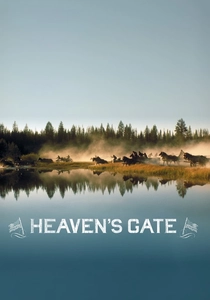
Heaven's Gate (1980)
Description: Despite its troubled production, this film tells the story of the Johnson County War, focusing on the conflict between settlers and cattle barons over land rights.
Fact: The film's budget ballooned, making it one of the most infamous box office bombs, yet it has since been re-evaluated for its artistic merits.
 Watch Now
Watch Now
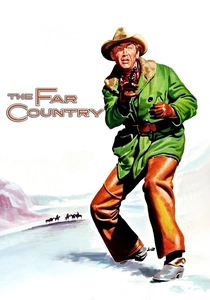
The Far Country (1954)
Description: A cattle drive leads to a confrontation over land rights in the Yukon, with James Stewart's character navigating the moral complexities of land ownership.
Fact: The film was shot in Jasper National Park, Canada, providing a unique backdrop for the Western genre.
 30 Days Free
30 Days Free
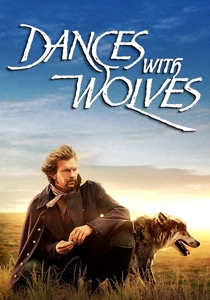
Dances with Wolves (1990)
Description: A Union Army officer's journey among the Lakota Sioux, where he learns about their way of life and the encroachment of white settlers on their land.
Fact: Kevin Costner not only starred in but also directed and co-produced this film, which won seven Academy Awards, including Best Picture.
 30 Days Free
30 Days Free

